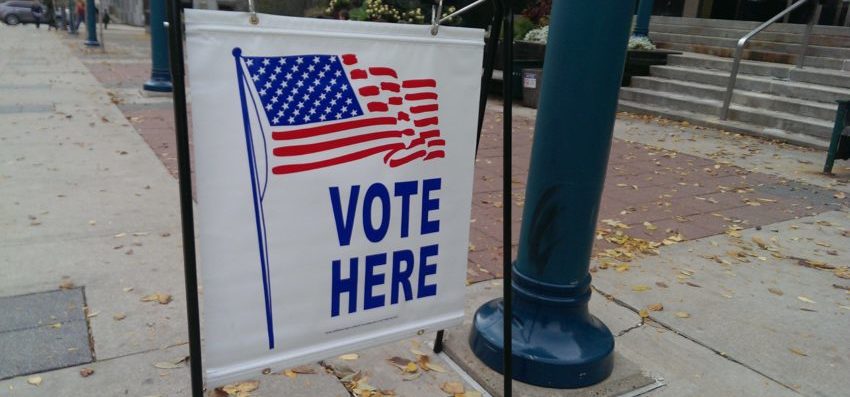
MacIver News Service | June 13, 2018
By Chris Rochester
MADISON, Wis. – Ohio not only has a right to clean up its voter rolls, but the U.S. Supreme Court basically ordered it to do so on Monday, giving the green light to similar election integrity efforts across the country.
The court’s majority opinion is a reminder that under federal law states are not only allowed to keep their voter information up-to-date, they’re required to.
An Ohio state law allows election officials to verify the addresses of voters who haven’t cast a ballot in two years. If they don’t respond and don’t vote for another four years, their names are removed from the rolls.
Justice Samuel Alito wrote in the court’s majority opinion, “[n]ot only are states allowed to remove registrants who satisfy these requirements, but federal law makes this removal mandatory.”
The process in Wisconsin is similar to that in Ohio. After a voter has been inactive for four years, the state Elections Commission sends them a postcard to verify their address. The inactive voter has 30 days to respond, or else they’re removed from the statewide voter registration database.
Deactivated voters simply must register again if they want to vote – and in Wisconsin, they can do so on election day. This process is designed to protect the system against voter fraud, which is hardly a myth.
A MacIver Institute compilation outlines 31 convictions over the past decade-plus, a list of just the people who got caught, prosecuted and convicted.
According to a 2017 Elections Commission report, Wisconsin mailed out 381,495 four-year notices after the 2016 election as required by state law, resulting in 351,733 registrations being deactivated. Only 28,169 voters who were mailed the four-year notice asked for their registration be continued, while 153,416 were returned as undeliverable, and 189,702 voters did not respond to the notice.
In addition to state laws, federal law also requires a basic check of voter records to ensure election integrity. The Help America Vote Act (HAVA) of 2002 requires the state, among other things, to check new registrations against Department of Motor Vehicle data, which routinely turns up errors and mismatched voter data that local election officials are responsible for cleaning up.
Following the 2016 presidential election, a total of 145,109 voter records compared against DMV data came back with conflicts. Milwaukee alone had 22,359 voter mismatches. Madison had 10,097; Green Bay had 2,815; Kenosha had 2,073; and Wausau had 1,958 bad records.
College students’ voter records are a particular problem, according to Elections Commission data – addresses at UW-Milwaukee dorms alone turned up 647 failed DMV checks.
Under HAVA, when a person registers to vote, their information is automatically checked against the DMV database. When inconsistencies such as a name or address that doesn’t match DMV records or a driver’s license number that can’t be found are identified, the local clerk is notified. Local officials are responsible for identifying the problem, contacting the voter, and correcting the voter’s information in the statewide voter registration system.
The HAVA check is performed any time a new voter is added or any information field in the statewide voter registration database is changed.
“However, the results of the DMV Check do not affect the voter’s eligibility to vote,” Magney said.
Since Wisconsin already cleans up its voter rolls every four years, the Supreme Court’s decision shouldn’t have much impact here except to allow the process to continue. But the court’s majority opinion is a reminder that under federal law states are not only allowed to keep their voter information up-to-date, they’re required to.